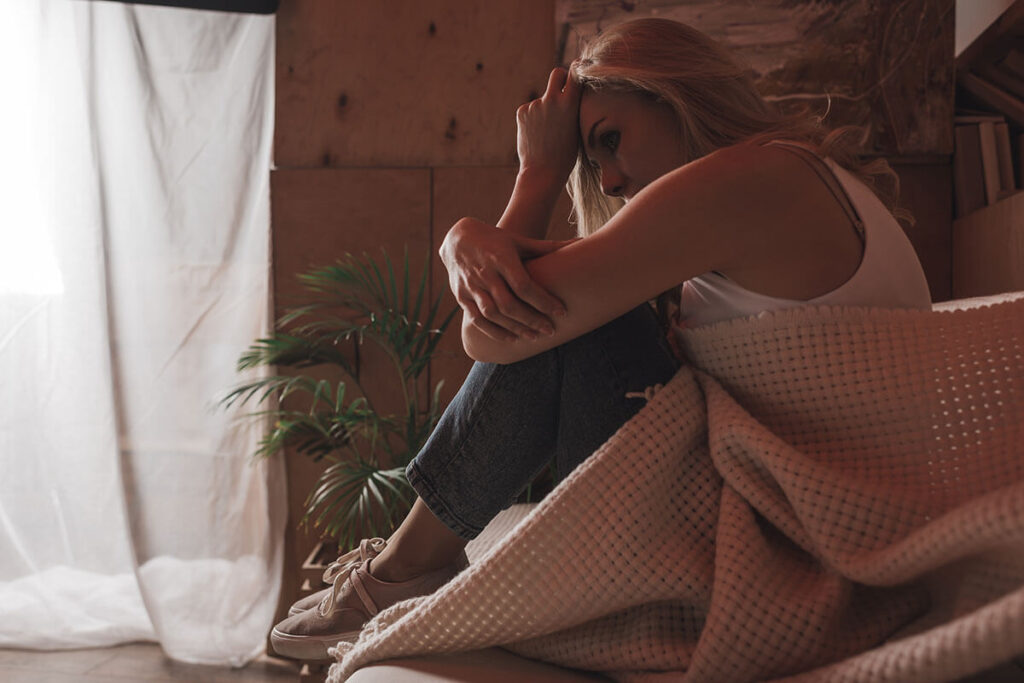As the stock market declines, people are requested to stay indoors, and many people experience anxiety at the state of the world right now, the need for anxiety treatment has never been greater. In the last few days, people have already experienced social isolation, panic, and difficulties working remotely.
Types of Anxiety Disorders
Anxiety manifests in a few different ways. Anxiety disorders include:
- Panic Disorder, which manifests in ongoing attacks
- Phobias, which involve excessive fear of situations and objects
- Social anxiety disorder, which involves fear of social situations
- Obsessive-compulsive disorder, in which irrational thoughts lead to repeated behaviors
- Separation anxiety, which includes the fear of being away from loved ones
- Post-traumatic stress disorder, which typically follows trauma
The Signs and Symptoms of Anxiety
Each person experiences anxiety differently. Some people may feel a slight tingle in their stomach, while others may begin to panic and disassociate. Anxiety symptoms include:
- Rapid breathing and increased heart rate
- Difficulty concentrating and focusing
- Insomnia and changing sleep pattern
- Feelings of intense worry and fear
- Tension in the muscles
- Anxiety attacks, which involve panic and distress
The Cause of Anxiety
Today, researchers still do not know the exact cause of anxiety, but they do know that it is influenced by a number of factors. These factors may be environmental, physical, and genetic. In some cases, anxiety is linked to other conditions like alcohol dependence, substance abuse issues, and depression.
Anxiety Treatment
Some people find ways to relax and cope with anxiety on their own. Stress management is important for those who treat anxiety and includes paying attention to triggers, meditating, exercise and building a positive support network. Counseling and therapy are also crucial avenues of treatment during this time. Cognitive-behavioral therapy, which helps patients identify thought patterns and limit distorted thoughts, is very helpful. Psychotherapy can also help patients get to the root of anxiety and other symptoms. Medications also ease anxiety for many patients. These medications include tricyclics, which addresses many types of anxiety. Benzodiazepines, which do have side effects like dependency, are prescribed to many patients. Other medications to explore include anti-depressants, beta-blockers, buspirone, and monoamine oxidase inhibitors.
Preventing Anxiety
For some patients, preventing anxiety is easier than treating it. Reducing the symptoms of anxiety is important for anybody who has a disorder. You may need to identify the anxiety triggers that often cause you to experience attacks and panic. For example, you might want to consume less caffeine throughout the day. Caffeine is found in coffee, tea, chocolate, and sodas. A healthy diet is also beneficial for those with anxiety. Staying nutritionally balanced helps you avoid deficiencies that can prompt you to experience more anxiety throughout the day. Sleeping is also important for anxiety. If you do not get enough sleep at night, you may become more anxious throughout the day. In fact, one of the best ways to prevent anxiety is to get ample sleep at night.
The Effects of Anxiety
Anxiety treatment is crucial because the condition can easily get out of control. People who experience a lot of anxiety may experience panic attacks, mood changes, changes to their relationships, and more. In fact, anxiety has physical consequences, including tension carried in the shoulders and even higher blood pressure. In some cases, anxiety can lead a person to self-medicate with drugs and alcohol. Anxiety treatment is available for people who are suffering from the symptoms of the condition on a regular basis. Treatment centers can provide help for anxiety, which is especially important if you tend to self-medicate. Get in touch with a treatment center today to discuss your options for moving forward with a bright and healthy future. Contact Santé Center for Healing today by calling 866.238.3154.



